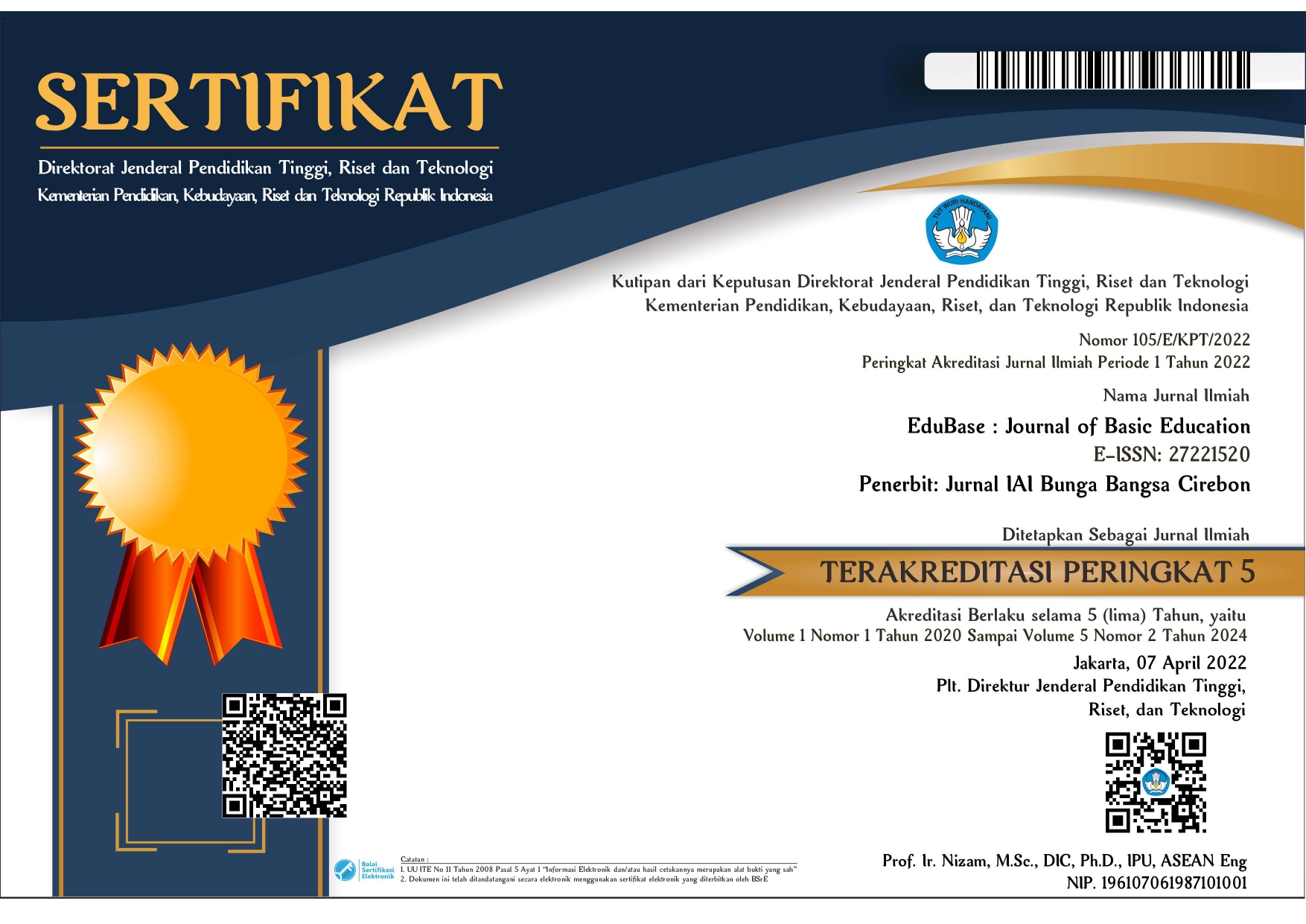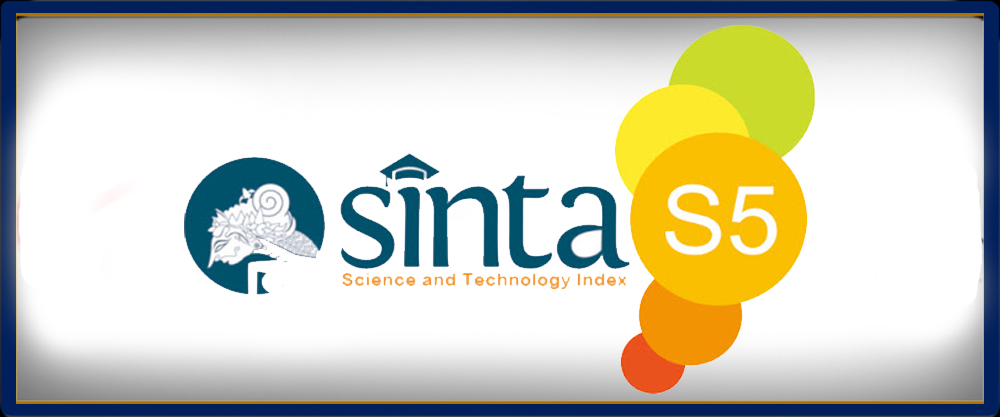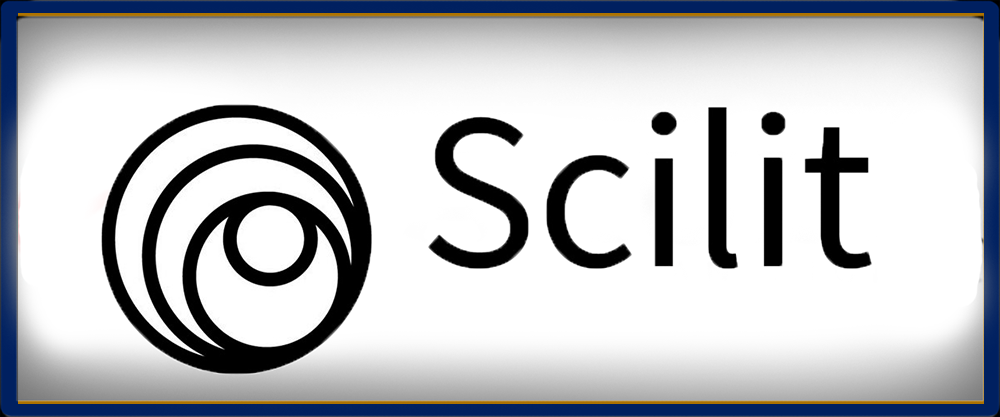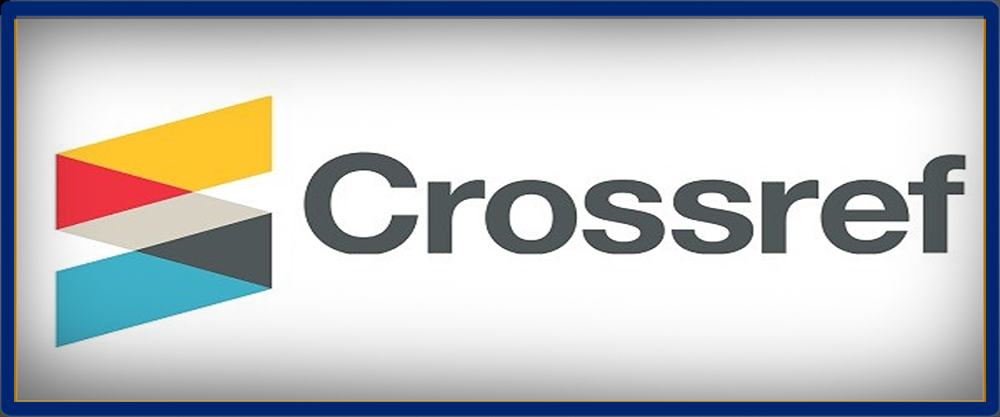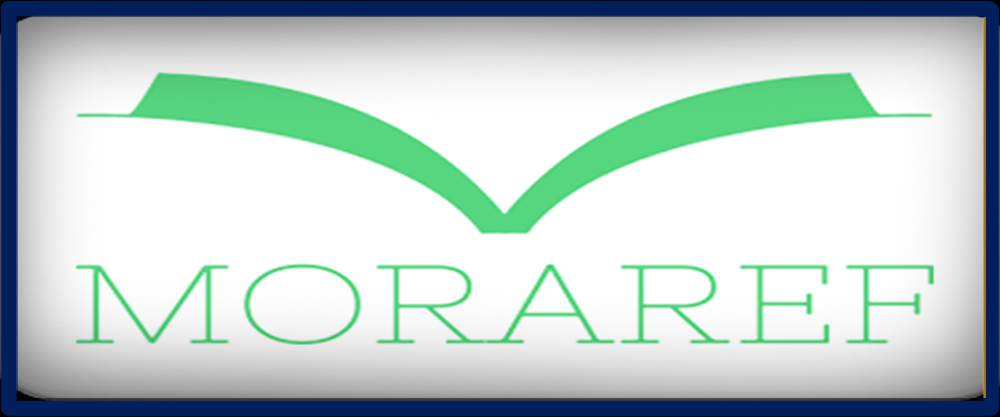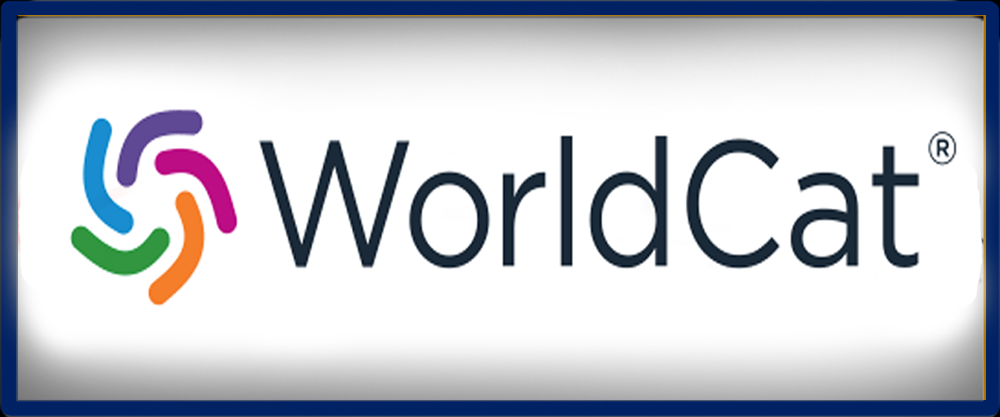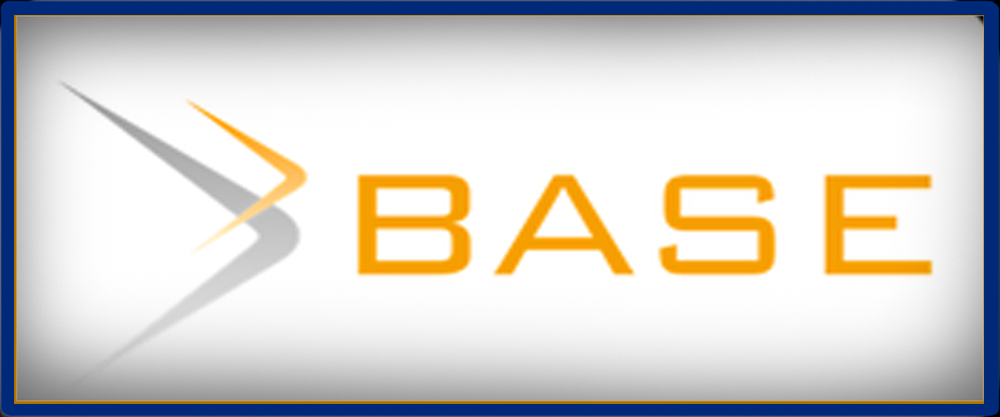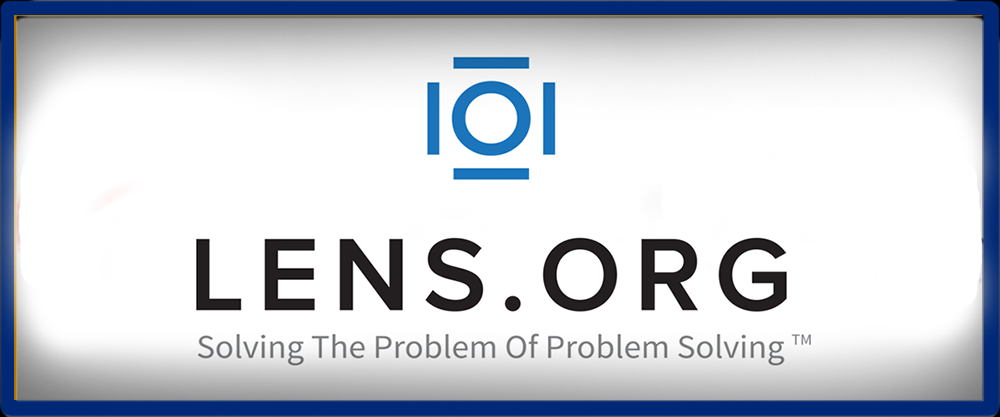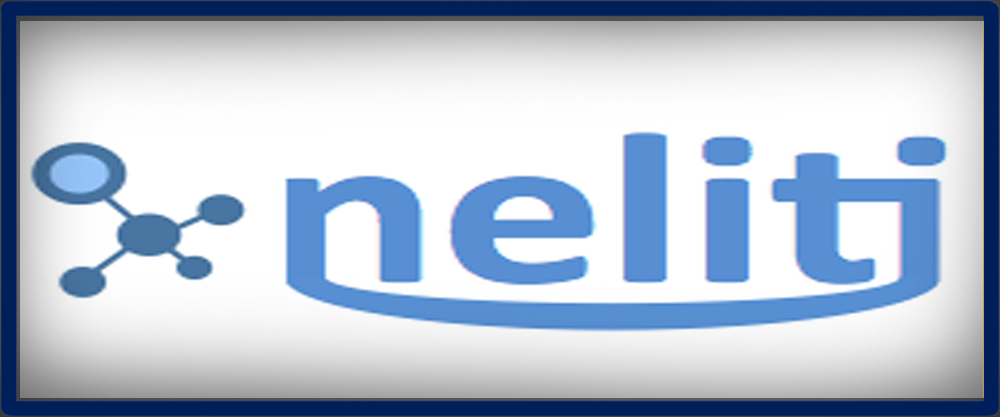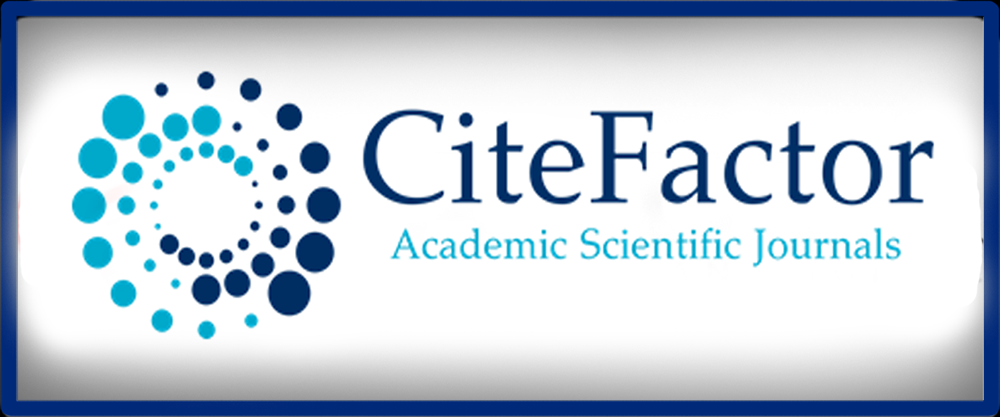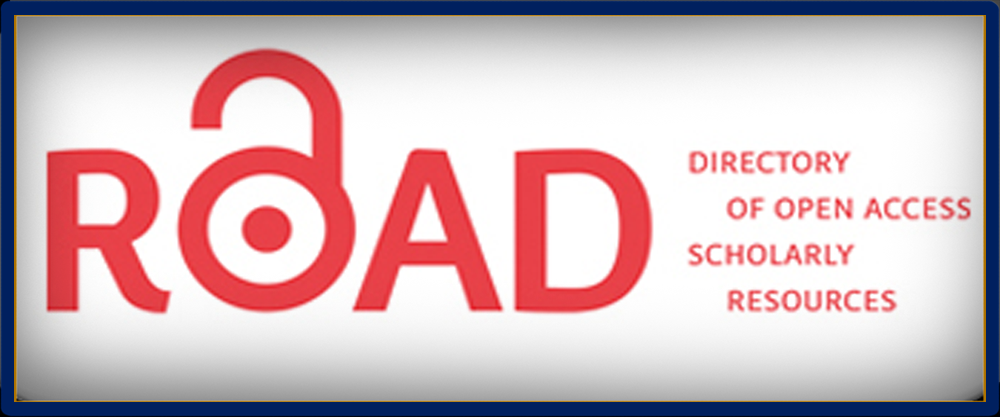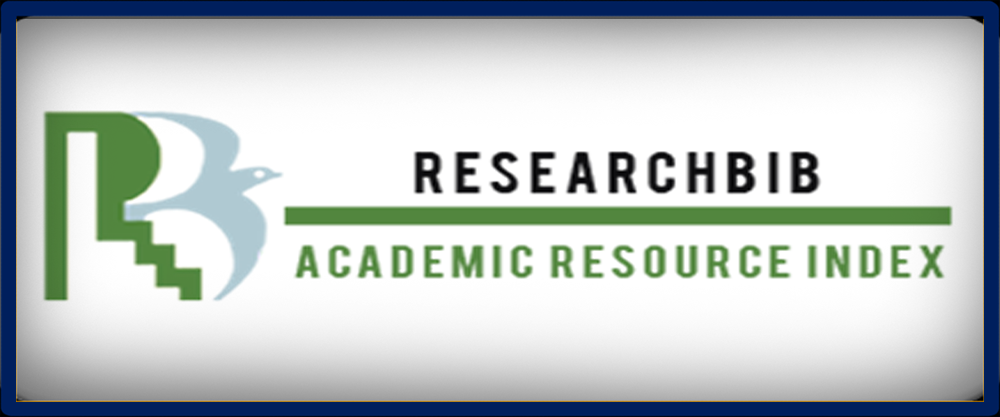Implementation the School Literacy Movement (GLS) within an Independent Curriculum for Lower Primary School Grades
Abstract
Purpose: This research aims to explain the status of the implementation of the School Literacy Movement (GLS) within the framework of the independent curriculum in the lower classes of SDN Curahgrinting 3 Probolinggo. Methods: This research uses qualitative research methods. This study focuses on the perceptions of school principals, teachers, and students regarding the implementation of GLS, as well as teachers' strategies for overcoming related challenges. The five subjects examined included the school principal, class I and II teachers, and class I and II students. Data collection was carried out through observation, interviews and documentation, then analyzed through data reduction, presentation and verification. Results: The findings show that the implementation of GLS at SDN Curahgrinting 3 Probolinggo, especially in classes I and II, is in the habituation and development stage. Evaluation strategies primarily include formative evaluation and open communication with students and parents. Conclusion: The habituation stage is carried out with activities that last 30 minutes to one hour, establishing a reading corner, and providing additional classes. Furthermore, during the development stage, communal reading activities in the classroom and library. This research highlights the evolving nature of GLS integration in the independent curriculum. These insights contribute to understanding the direction and implications of implementing GLS in primary education, as well as guiding future initiatives in the promotion of literacy within an educational framework.
Downloads
References
Arini, N. W. (2020). Pentingnya Komunikasi Guru Dengan Orang Tua Dalam Membangun Karakter Peserta Didik. Guna Widya?: Jurnal Pendidikan Hindu, 7(2), 154–159.
Bai, S., Hew, K. F., & Huang, B. (2020). Does gamification improve student learning outcome? Evidence from a meta-analysis and synthesis of qualitative data in educational contexts. Educational Research Review, 30, 100322.
Calearo, L., Marinelli, M., & Ziras, C. (2021). A review of data sources for electric vehicle integration studies. Renewable and Sustainable Energy Reviews, 151, 111518.
Charmaz, K., & Thornberg, R. (2021). The pursuit of quality in grounded theory. Qualitative Research in Psychology, 18(3), 305–327.
Dewi, E. R., & Alam, A. A. (2020). Transformation model for character education of students. Cypriot Journal of Educational Sciences, 15(5), 1228–1237.
Dong, C., Cao, S., & Li, H. (2020). Young children’s online learning during COVID-19 pandemic: Chinese parents’ beliefs and attitudes. Children and Youth Services Review, 118, 105440.
Herliandry, L. D., Nurhasanah, N., Suban, M. E., & Kuswanto, H. (2020). Pembelajaran Pada Masa Pandemi Covid-19. JTP-Jurnal Teknologi Pendidikan, 22(1), 65–70.
Iivari, N., Sharma, S., & Ventä-Olkkonen, L. (2020). Digital transformation of everyday life–How COVID-19 pandemic transformed the basic education of the young generation and why information management research should care? International Journal of Information Management, 55, 102183.
Laigaard, J., Pedersen, C., Rønsbo, T. N., Mathiesen, O., & Karlsen, A. P. H. (2021). Minimal clinically important differences in randomised clinical trials on pain management after total hip and knee arthroplasty: a systematic review. British Journal of Anaesthesia, 126(5), 1029–1037.
Mukul, E., & Büyüközkan, G. (2023). Digital transformation in education: A systematic review of education 4.0. Technological Forecasting and Social Change, 194, 122664.
Muslih, B. (2020). Urgensi Komunikasi dalam Menumbuhkan Motivasi di Era Pandemi COVID-19. PENATARAN: Jurnal Penelitian Manajemen Terapan, 5(1), 57–65.
Nuriman. (2023). Memahami MeTodologi Studi Kasus Grounded Theory Dan Mixed-Method. Kencana Prenada Media Group.
Qureshi, H. A., & Ünlü, Z. (2020). Beyond the paradigm conflicts: A four-step coding instrument for grounded theory. International Journal of Qualitative Methods, 19, 1609406920928188.
Rejikumar, G., Ajitha, A. A., Jose, A., & Mathew, S. (2021). Strategic positioning of tourist destinations-analyzing the role of perceived meaningfulness. Journal of Hospitality and Tourism Management, 49, 140–151.
Szymkowiak, A., Melovi?, B., Dabi?, M., Jeganathan, K., & Kundi, G. S. (2021). Information technology and Gen Z: The role of teachers, the internet, and technology in the education of young people. Technology in Society, 65, 101565.
Triwardhani, I. J., Trigartanti, W., Rachmawati, I., & Putra, R. P. (2020). Strategi Guru dalam membangun komunikasi dengan Orang Tua Siswa di Sekolah. Jurnal Kajian Komunikasi, 8(1), 99–113. https://doi.org/10.24198/jkk.v8i1.23620
Wesarg-Menzel, C., Ebbes, R., Hensums, M., Wagemaker, E., Zaharieva, M. S., Staaks, J. P. C., van den Akker, A. L., Visser, I., Hoeve, M., & Brummelman, E. (2023). Development and socialization of self-regulation from infancy to adolescence: A meta-review differentiating between self-regulatory abilities, goals, and motivation. Developmental Review, 69, 101090.
Wittenberg, E., Goldsmith, J. V, Chen, C., Prince-Paul, M., & Johnson, R. R. (2021). Opportunities to improve COVID-19 provider communication resources: A systematic review. Patient Education and Counseling, 104(3), 438–451.
Xu, J. J., & Babaian, T. (2021). Artificial intelligence in business curriculum: The pedagogy and learning outcomes. The International Journal of Management Education, 19(3), 100550.
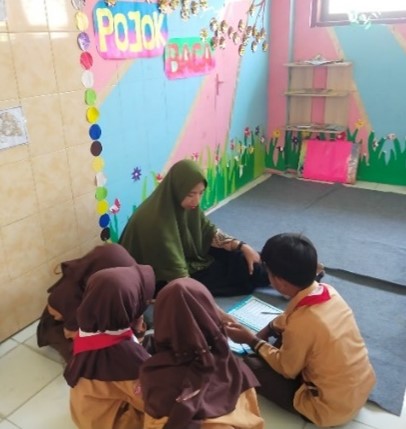

This work is licensed under a Creative Commons Attribution-NonCommercial-NoDerivatives 4.0 International License.

